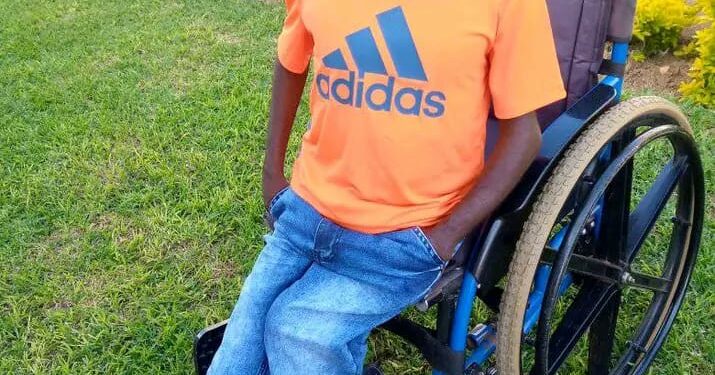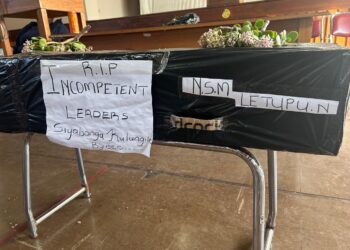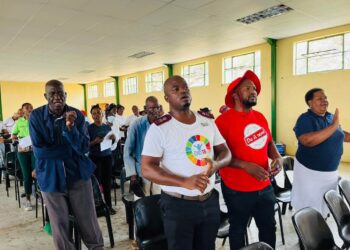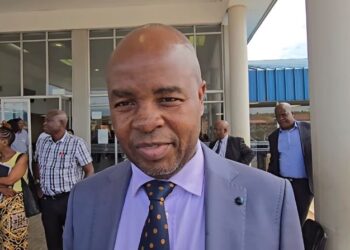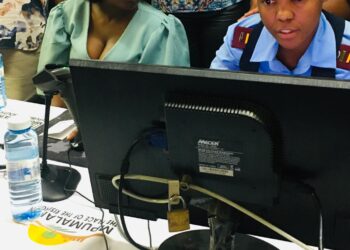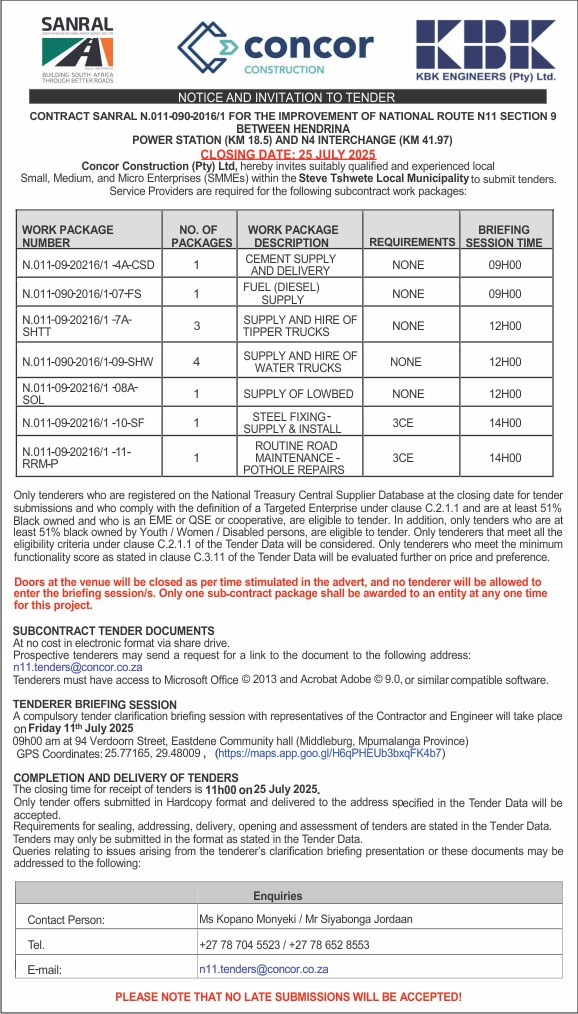‘I chose not to dwell on things I can’t control’
PANKOP – Elias Chauke, diagnosed at birth with cerebral-palsy (CP), has not allowed his disfigured face and small body to stop him from living life to the fullest.
The 44-year-old man from Pankop village in the Dr JS Moroka municipality is unable to walk properly, and his hands are shorter than average. Despite these challenges, he remains resilient and determined.
Chauke shared with the Highveld Chronicle that the hardest part of living with CP is having people pity him. “I’m in a wheelchair, but I can do the garden, cook, and handle basic tasks. The only thing I can’t do is bathe myself,” he said.
Cerebral palsy is one of the most common disabilities in childhood. Statistics indicate that for every 1,000 babies born in South Africa, 10 will have cerebral palsy. This type of disorder affects a person’s ability to move and maintain balance and posture. Experts say CP is caused by damage to the developing brain.
Chauke doesn’t have a car and relies on public transport, especially taxis. He mentioned that taxi drivers can be rude to him because they expect him to be fast when getting into the taxi. “Living with CP is expensive. There are regular check-ups, and transportation is the worst,” he explained.
He further described his ordeal, noting that the local taxi association does not have wheelchair-friendly taxis. He sometimes waits over 30 minutes for a taxi. “An alternative for me is to hire a car, but it’s expensive since I’m not working,” he said. “Adapting a special wheelchair to accommodate my needs is also a challenge because one cannot use the same wheelchair forever. As one grows, the wheelchair must be adjusted to fit the body.”
Dr Jeanette Modungwa, a medical doctor for the North West Department of Health working in Moretele, explained that cerebral palsy can be caused by congenital abnormalities during foetal development. “Sometimes it can be caused by brain damage due to a baby being deprived of oxygen during birth. This usually happens when the birth is prolonged,” she said.
Dr Modungwa also emphasized the importance of parents seeking medical help if they suspect something is amiss with their children’s development. “The first step is to go to their local clinic, where children can be referred to specialists for further evaluation,” she advised.











